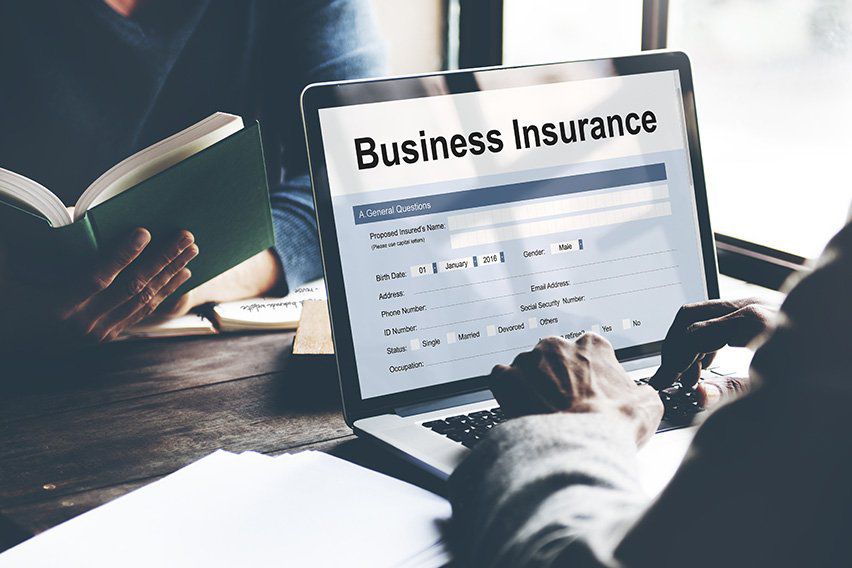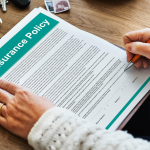General liability insurance, also known as business liability insurance or commercial general liability insurance, is a policy that provides financial protection to a business against claims of bodily injury, property damage, and personal and advertising injury that can occur from its operations, products, or on its premises.
Here’s a breakdown to help you understand the different aspects of general liability insurance:
1. Coverage
General liability insurance typically covers:
- Bodily Injury: If someone is injured on your business premises or because of your business operations, general liability insurance can cover medical expenses and legal fees if the injured party files a lawsuit.
- Property Damage: If your business causes damage to someone else’s property, this insurance can cover the repair or replacement costs.
- Personal and Advertising Injury: This covers the risk of your business causing non-physical harm to others, such as slander, libel, copyright infringement, or false advertising.
- Legal Defense and Judgments: Should your business be sued over a covered claim, general liability insurance can cover the costs of your legal defense, court fees, and any settlements or judgments up to the policy’s limit.
2. Exclusions
General liability insurance does not cover:
- Employee injuries (covered by workers’ compensation insurance)
- Professional mistakes (covered by professional liability insurance)
- Damage to your own business property (covered by commercial property insurance)
- Auto accidents while conducting business (covered by commercial auto insurance)
- Intentional acts and criminal behavior
3. Limits
Insurance policies have limits, which are the maximum amounts they will pay out for a covered loss. General liability insurance typically has both per-occurrence limits (maximum payout per claim) and aggregate limits (maximum payout within the policy term, usually one year).
4. Premiums
The cost of general liability insurance, known as the premium, varies based on:
- The size and type of your business
- Your industry and its associated risks
- Your business’s location
- The amount of coverage you choose
- Your claims history
5. Additional Considerations
- Certificates of Insurance (COIs): Businesses often need to provide proof of insurance to clients, landlords, or partners. A COI verifies that you have insurance and details your coverage limits.
- Additional Insureds: You can add other entities to your general liability policy as additional insureds if you’re doing business with them and they require protection under your policy.
- Riders or Endorsements: These are additions to a policy that can provide extra protection for specific scenarios not covered under the standard policy.
6. Who Needs General Liability Insurance?
Most businesses, regardless of size, should have general liability insurance. It’s essential for those who:
- Have a physical location open to customers, clients, or the public
- Handle client property
- Advertise or market their services
- Operate in industries with greater risk of bodily injury or property damage
7. Claim Example
Imagine a customer slips and falls in your store and is injured. They sue your business for their medical costs, lost wages, and pain and suffering. Your general liability policy could cover the legal costs and any settlement or judgment, up to your policy’s limits, protecting your business from significant financial loss.
Conclusion
General liability insurance is a cornerstone of business protection. It safeguards against unforeseen events that could otherwise result in crippling financial damages to a business. Evaluating the specific needs of your business and discussing them with an insurance agent or broker can ensure you get the appropriate coverage to mitigate your company’s risk exposure.







